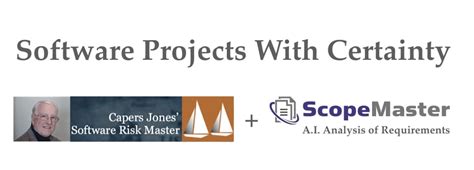A Quote by Peter Levine
Old companies that had nothing to do with software in the past all have software development activities to unlock the invention that's occurring inside of these organizations. And so the developer is a very important part of that overall ecosystem.
Related Quotes
I'm not of the opinion that all software will be open source software. There is certain software that fits a niche that is only useful to a particular company or person: for example, the software immediately behind a web site's user interface. But the vast majority of software is actually pretty generic.
...One of the most important lessons, perhaps, is the fact that SOFTWARE IS HARD. From now on I shall have significantly greater respect for every successful software tool that I encounter. During the past decade I was surprised to learn that the writing of programs for TeX and Metafont proved to be much more difficult than all the other things I had done (like proving theorems or writing books). The creation of good software demand a significiantly higher standard of accuracy than those other things do, and it requires a longer attention span than other intellectual tasks.
































